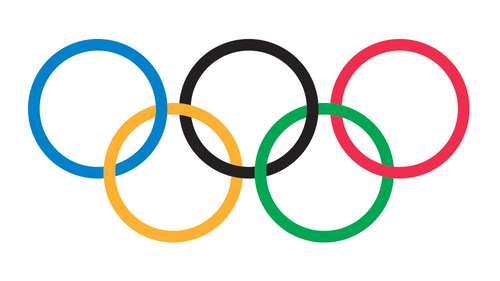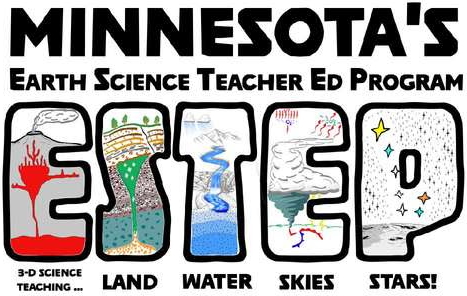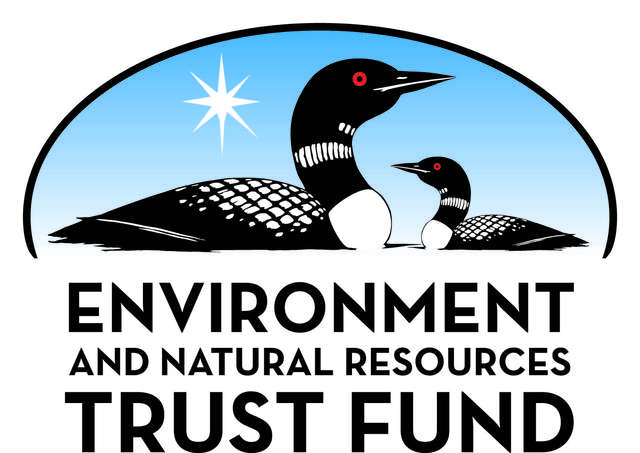Top > In the News... > Get Ready for the 2018 Winter Olympics
 |
The 2018 Winter Olympics are beginning Feb. 9 in Pyeongchang, South Korea. The following resources may help you integrate the Olympics into your classroom.
Science of the 2010 Olympic Winter Games: For the 2010 Winter Olympics, NBC News and the National Science Foundation worked together to produce 16 short videos exploring at the science of Olympic events including Downhill and Aerial Skiing, Speed Skating and Figure Skating, Curling, Hockey, Ski Jumping, Bobsledding and Snowboarding.
Science and Engineering of the 2014 Olympic Winter Games: The National Science Foundation and NBC News teamed up again to produce 10 more videos exploring the science and engineering of Winter Olympic events.
Science at the Winter Olympics: Scientific American published a series of articles for the 2010 Winter Olympics.
Science Friday – Spotlight Winter Olympics: A series of audio broadcasts and articles examining the science of Winter Olympic events.
The Science of Skeleton: Video from the 2014 Winter Olympics. Athletes from Great Britain explain the science of the sport of Skeleton.
Winter Olympic Resources: Worksheets and activities from the website education.com
Resources from Teachers Pay Teachers: Activities created by teachers for use during the Winter Olympics. There is a small fee to download each activity.
Why do Curling Stones Curl? - Video from Scientific American explaining the science of the sport of curling.
Cold Hard Science. The Controversial Physics of Curling - Video from Smarter Everyday that looks more in depth into the curling of a curling stone.
Why It's Almost Impossible to Do a Quintuple Jump: Wired - Video from Wired about the physics of spinning in ice skating.









 Minnesota science teachers should know about:
Minnesota science teachers should know about: